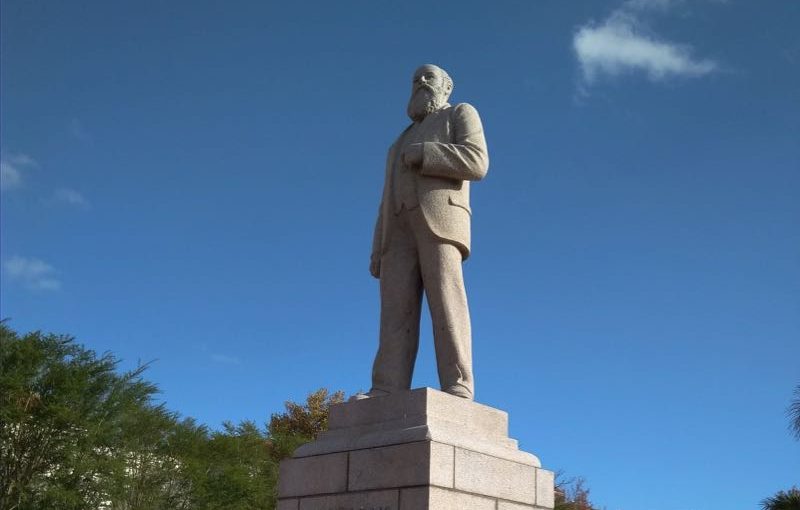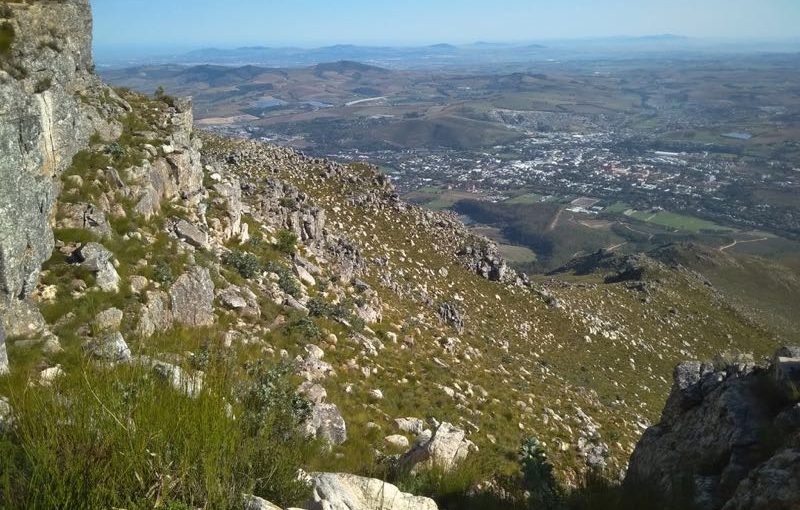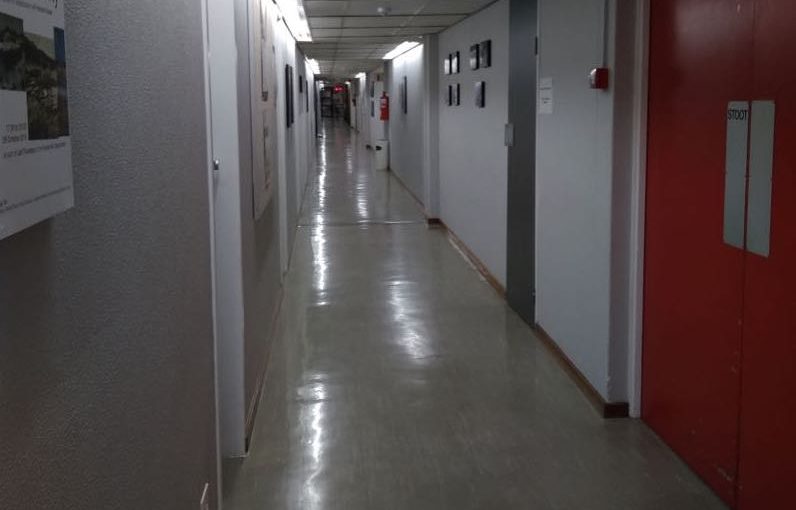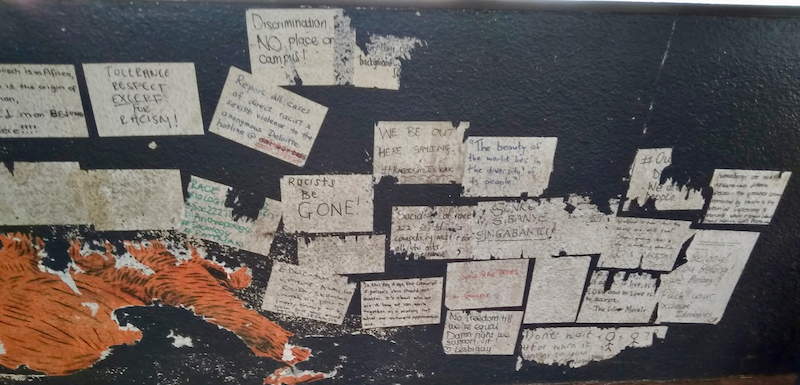I got an interesting query from a student who wanted to design a comparative research project about two criminology departments and the ways they each construct different versions of their field.
I wrote back with a number of methodological thoughts. I thought I might also post them here, as they sketch out one way to approach this kind of question.
My general intuition is that any academic department is suspended within a number of separate social fields. These would include the disciplinary field, the institutional field of its own university, and the internal field of the department itself. So I essentially suggest that one could start out by mapping these different fields. One could then show how different images of a given discipline themselves emerge from different social locations.
Continue reading How to study a department and its place in the field




